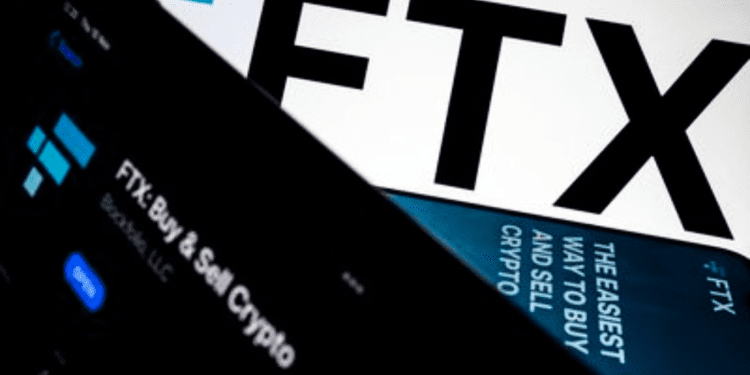It is easy to concentrate on what your crypto portfolio looks like. However, it is challenging to find a collection of digital assets that are completely uncorrelated. Even if your portfolio consists of uncorrelated assets, they will still be affected by industry events, says Ecoinometric’s weekly Newsletter.
Therefore, understanding the recent events in the crypto industry is highly important if you want to manage risks effectively and know how they will affect your investments.
The bankruptcy of Sam Bankman-Fried’s FTX exchange leaves no doubt on whether it will survive and opens the discussion to who else might be affected by the firm’s collapse. How far will the influence of SBF’s FTX mismanagement reach?
FTX, What Happened?
FTX, which was until last week the world’s second-largest crypto exchange, and its leader Sam Bankman-Fried (SBF) were exposed to have mismanaged the platform and lost between $2 and $10 billion of customer deposits. This figure could be more or less. Hopefully, the bankruptcy proceedings will show how significant this figure is. Last week, a report from The Wall Street Journal stated that FTX’s sibling company Alameda Research owed the crypto exchange $10 billion.
The crypto market crashed as investors moved to withdraw their assets from FTX and other cryptocurrency exchanges. This potentially exposes other exchanges or crypto hedge funds that don’t have 1:1 fractional reserve systems.
The FTX situation was worsened after rival Binance withdrew its non-binding offer to buy FTX and the Securities Commission of the Bahamas froze its assets.
The FTX/Alameda Fiasco Has Affected Bitcoin and Other Cryptocurrencies
The big crypto, Bitcoin (BTC), and the now proof-of-stake Ethereum (ETH) are down by around 21.8% and 24%, respectively, in the last seven days. Over the last year, these digital currencies have lost more than 75% in value.
At the time of writing, BTC is trading around $16,880, levels last seen in late 2020. The wider crypto sector has fallen by 21.5% in the last seven days, with the total crypto market capitalization dropping from $1.06 trillion to the current value of $832 billion, according to data from CoinMarketCap.
One of the most noticeable effects has been seen on the price of “Ethereum killer’s” token Solana (SOL), which is down more than 57.5% since the FTX saga began. The Layer 1 token has dropped from among the top 10 ranked cryptos to position 14, with its market capitalization plummeting 56.7% from $11.74 billion to just over $5 billion over the past week.
SOL price is caught in all this mess because its home, the Solana protocol that lets users trade bitcoin, relies on FTX for its value. Therefore, the collapse of FTX leaves questions on whether any of the Bitcoin on that protocol would be retrievable. As such, SOL holders have been panic-selling the token, fearing it may lose its value just as FTT, FTX’s native token, has.
Crypto Firms Under Pressure Following FTX Collapse
Other crypto companies and projects exposed to FTX must prove their liquidity. Just as it has always been with any other crypto crash, investors have keenly watched Tether, the $70 billion stablecoin (USDT) powering the crypto economy. On Thursday last week, USDT slightly lost its 1:1 dollar peg, trading at $0.98. Tether’s CTO Paolo Ardoino reassured investors in a tweet that the company had processed about $700m of withdrawals the day before. “No issues,” he said, “we keep going.”
Cryptocurrency venture firm Mechanism Capital, which has hundreds of millions of dollars in assets, is among the companies affected by the FTX collapse. The company posted on Twitter last week saying, “Mechanism Capital among funds with assets stuck in FTX, exploring legal options.”
Several other companies, from crypto exchanges and lenders to venture capital investors, are still trying to access their funds stuck in the FTX exchange following the company’s recent collapse.
Days after FTX’s spectacular collapse, more companies are still issuing statements about their exposure to FTX. A November 9 announcement on The Block showed that Multicoin Capital, a crypto venture firm, had up to 10% of its assets stuck on FTX.
Similarly, venture investors like Sequoia Capital, FTX’s business affiliates, also face huge losses. According to reports, the venerable Silicon Valley investors have already documented losing investments totaling $213.5 million in FTX.














